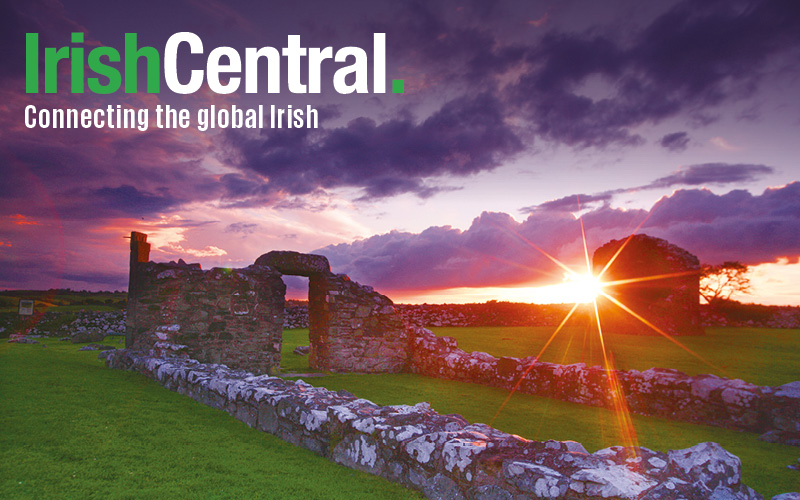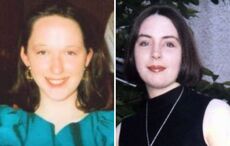An Australian woman, and her Irish partner, in Brisbane, have conceived quintuplets without the use of fertility treatment. This occurs only once in every 60 million pregnancies.
Melissa Keever, 27, was inseminated with sperm from a U.S. sperm donor. Their doctors have said that the babies currently have strong heart beats and are above average size of quintuplets of their age.
"It took me a long time to get my head around what was happening," Keevers said, during an interview with Women’s Day magazine. "But now I've come to terms with it, I'm excited."
"During the scan the doctor asked us if we wanted the news, but as he looked pale, we were worried something was wrong.
"He then told us he'd found five gestational sacs meaning, if all went well, we'd have five babies. We can't repeat what we said next."
Keever (27) and her partner, Rosemary Nolan (21) already have one child, who was conceived using the same donor’s sperm. They chose this donor because he had good teeth, eyesight, a high IQ and he had signed a waiver guaranteeing anonymity.
The couples family, both in Australia and Ireland, are very supportive.
Nolan said “People don't know whether to congratulate us or commiserate…But we think it's a miracle, and couldn't be happier."
"We know that it's a risk, and we had the option to terminate one or more, but how can you choose?
"Nature decided to give us these babies so nature can decide for us," she added.
Paul Nolan, Rosemary’s father, from Waterford, said that the family was shocked when they heard the news.
He said “They already have one child and they decided to have another, and little did they know they would end up with five. Our biggest concern right now is for the health of mum and the babies, and that they make it through the full term without any complications.”
The woman’s obstetrician Doctor Glen Gardner said that the babies had a greater chance of survival as they were all in individual sacs. “They are at lower risk if they have their own little unit for themselves…However, the sheer number of babies in this case makes the risk very much higher in this pregnancy."
Doctor’s in Sydney have estimated that they will deliver the babies at about 30 weeks, at the end of December. The couple have already estimated that they will need 70 nappies and they will have to import a special six-seater pram from the U.S. to bring them for a walk.




Comments